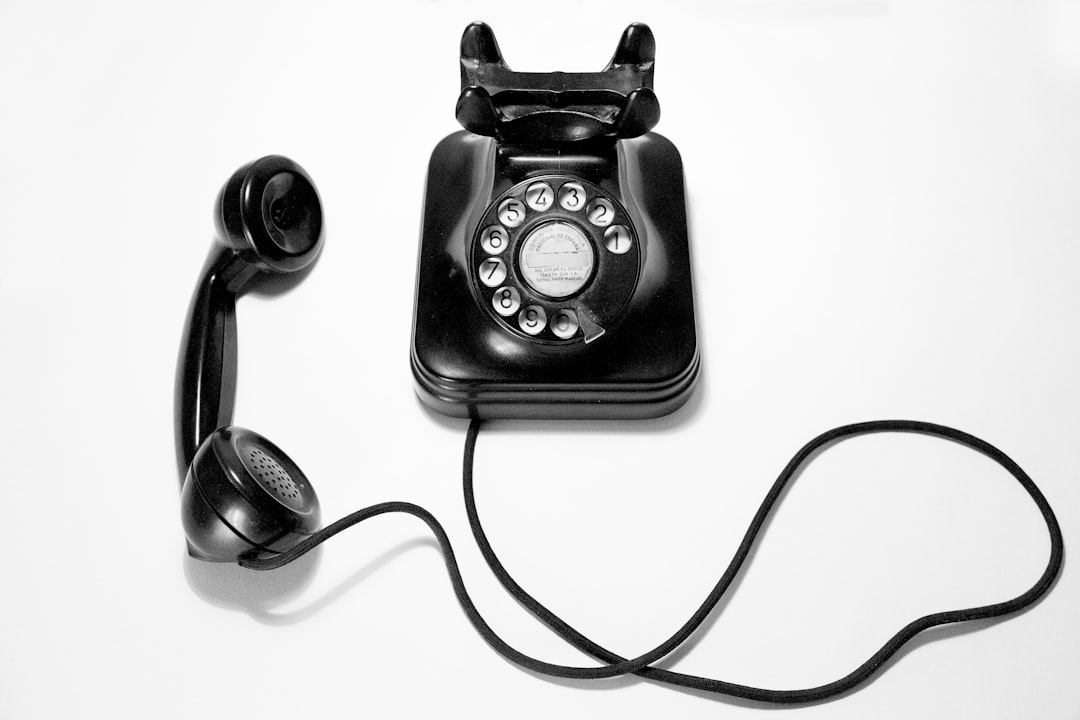Maine has stringent debt collector laws in place to protect consumers from abusive debt collection practices. These laws dictate how collectors must communicate with debtors, emphasizing fairness and respect through guidelines covering:
– Validation of debts
– Disclosed identities
– Respectful language
– Permitted contact methods (phone, mail, email)
– Limited contact hours (8 am – 9 pm)
– Four contacts per week
– Clear, concise, and respectful communication
– Essential disclosures in written correspondence
Debtors have rights to challenge debts and stop communication if they feel mistreated. These regulations foster ethical debt collection practices in Maine, ensuring a fair and transparent debt resolution process.
In the state of Maine, debt collection practices are heavily regulated to protect consumers. Understanding Maine’s debt collection laws is crucial for both debtors and creditors alike. This article delves into the main rules governing communication between debt collectors and individuals, covering permissible methods, timing restrictions, and debtor rights. By exploring these guidelines, you’ll gain insights into your protections under Maine law and how to navigate debt collection interactions effectively.
Understanding Maine's Debt Collection Laws

In Maine, debt collection practices are regulated by state laws designed to protect consumers from aggressive or unfair tactics. The Maine Debt Collection Laws outline clear guidelines for how debt collectors can communicate with debtors, ensuring a fair and respectful process. Understanding these rules is essential for both debt collectors and individuals facing debt. Maine law requires debt collectors to provide validation of the debt, disclose their identity, and adhere to specific communication protocols.
Debt collectors in Maine must refrain from using abusive, threatening, or harassing language when contacting debtors. They are prohibited from calling at unreasonable times, using false or deceptive statements, or attempting to manipulate individuals into making payments. These laws aim to prevent exploitation and ensure that debt collection activities are conducted ethically and transparently.
Permissible Communication Methods for Debt Collectors

In Maine, debt collectors are bound by strict regulations that govern their communication methods with debtors. According to the Maine Debt Collection Laws, collectors can utilize various permissible approaches to contact individuals about their outstanding debts. These include phone calls, written correspondence, and even emails, as long as they adhere to specific guidelines.
Text messages and social media interactions are not explicitly allowed, reflecting the state’s emphasis on traditional communication channels. Collectors must also respect the debtor’s preferences regarding contact methods, ensuring that any communications are made during reasonable hours and do not cause unnecessary harassment or distress. This regulation aims to protect debtors from aggressive or intrusive collection practices, promoting a fairer and more transparent debt recovery process in Maine.
Timing and Frequency of Contact

Debt collectors in Maine must adhere to strict rules regarding communication with debtors, ensuring a fair and respectful process. One critical aspect is the timing and frequency of their contact attempts. According to the Maine debt collection laws, collectors can only reach out to individuals between 8 am and 9 pm local time, respecting the debtor’s right to privacy and rest. This restriction ensures that calls are made during reasonable hours, avoiding excessive interruptions in a person’s daily life.
The frequency of communication is also regulated, with rules stipulating a maximum of four contacts per week. This includes phone calls, emails, text messages, or any other form of direct communication. Such limitations protect debtors from relentless pursuit and enable them to manage their debt repayment while maintaining a healthy work-life balance.
Requirements for Verbal and Written Communication

Debt collectors in Maine must adhere to strict rules regarding communication with debtors. According to the Maine laws on debt collection, verbal and written communication should be clear, concise, and respectful. Debt collectors are prohibited from using abusive, threatening, or coercive language when contacting individuals about their debts. They must also provide accurate information and avoid making false statements about the debt or its consequences.
In terms of written communication, Maine debt collector laws require that all written correspondence includes specific disclosures. This includes identifying the creditor or collection agency, stating the amount owed, and informing the debtor of their rights under the Fair Debt Collection Practices Act (FDCPA). Written notices should also provide clear instructions on how to respond or resolve the debt, ensuring debtors understand their options and the next steps in the process.
Rights of Debtors Under Maine Law

Under Maine law, debtors have specific rights when it comes to communication with debt collectors. According to the state’s debt collection laws, debtors are entitled to fair and respectful treatment. They have the right to request validation of the debt, meaning that a collector must provide proof that the debt is legitimate and the amount being demanded is accurate. Debtors can also demand that communications from collectors cease if they feel the practices are harassing or abusive.
Additionally, Maine regulations restrict when and how often debt collectors can contact debtors. Collectors typically need to adhere to strict guidelines regarding the timing of calls, with restrictions on contacting individuals before 8 a.m. or after 9 p.m., unless the debtor consents to different hours. These laws aim to protect debtors from invasive collection practices and ensure they are treated fairly during the debt resolution process.






